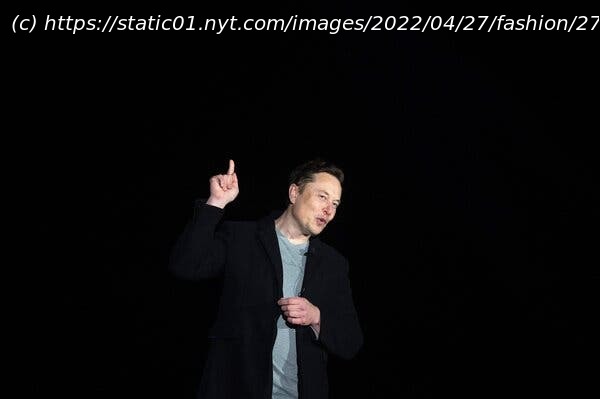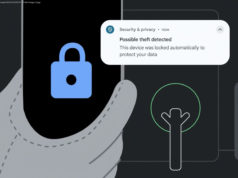And in some ways he did.
Even before Elon Musk proposed a roughly $44 billion deal to take over Twitter, his tweeting habit had become an essential part of his public persona. He was the world’s richest person, the founder of Tesla, the SpaceX guy, and someone who would not, or could not, stop posting. This didn’t stop when Twitter accepted his offer. Mr. Musk spent Wednesday lashing out at critics, mocking coverage of the deal, posting photos of rockets and criticizing Twitter itself, amplifying right-wing criticism of the service and singling out the company’s top lawyer. (The deal could still fall apart.) As Mr. Musk’s Twitter use became essential to his business, it was often construed as somehow humanizing, as part of Mr. Musk’s populist appeal, or as a weakness or a vice. Andy Warhol’s observation that “no amount of money can get you a better Coke” could at times feel applicable: The man at the center of a trillion-dollar business empire, who has cultivated an identity as a bold future builder, was looking down at the same iPhone that everyone can buy, opening the same Twitter app that everyone else can download, settling scores or just deciding to post “I put the art in fart.” This view turns Mr. Musk’s plan to purchase Twitter into a pat story: rich guy who loves Twitter decides to buy it. If this isn’t wrong, exactly, it misses two things. One is obvious: Someone with resources and interests as vast as Mr. Musk’s has plenty of practical uses for a powerful communications platform that has permeated politics, media and economic affairs; for years, Twitter has helped him get his way. The other is less visible. While Mr. Musk taps his blue bird icon like the rest of us, the thing he actually interacts with — and now wants to control, and fix — isn’t Twitter as anyone else knows it. Twitter has to work for the majority of people who use it, meaning people who have few followers and who rarely, if ever, tweet. It is, primarily, a service for passively consuming information — for dipping into conversations that are happening around you, and maybe joining them. The company certainly attends to its high-profile users, who provide content that people want to follow. But beyond some point of visibility on the platform, many users outsource their presences, become risk averse and step away, or seem to lose their minds. Prominent users regularly observe how unwieldy the service becomes after 10,000, or 50,000, or 100,000 followers. Mr. Musk has more than 85 million. This makes him the seventh most followed person on the service. According to the analytics firm SocialTracker, however, his account produces by far the most engagement of his peers. Around the time Mr. Musk was making his offer,1.






